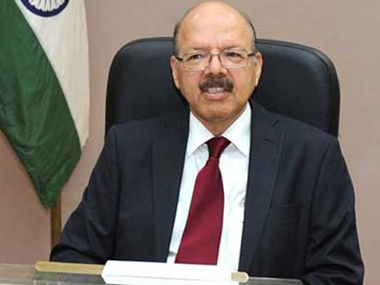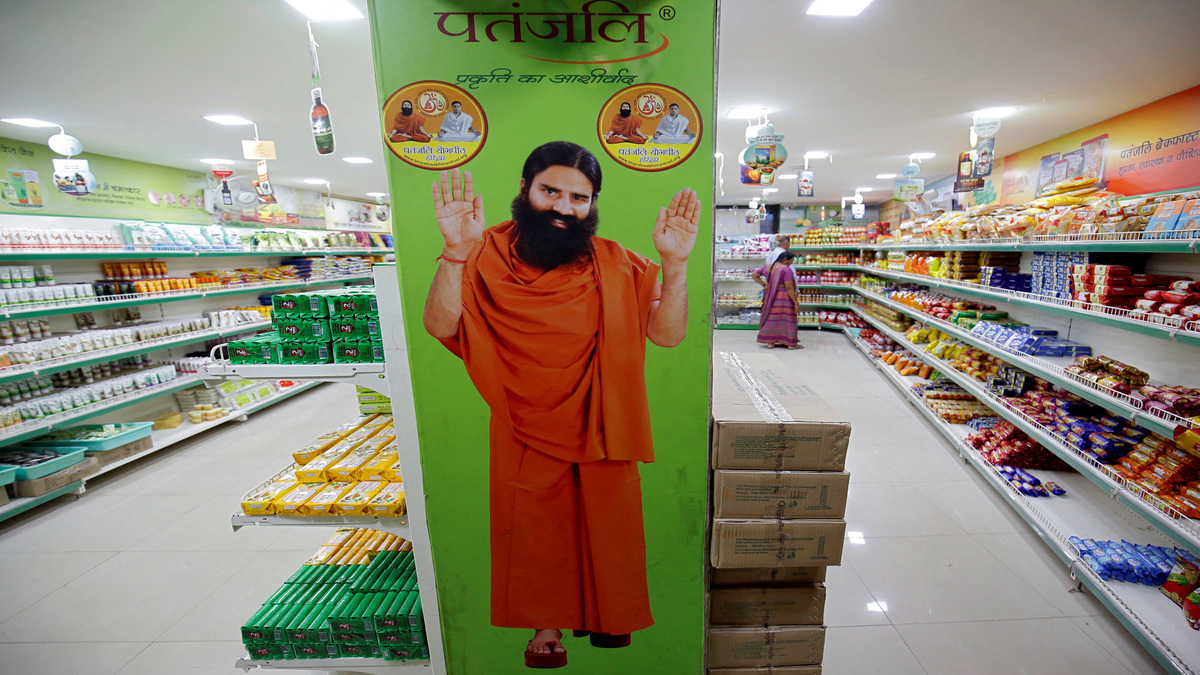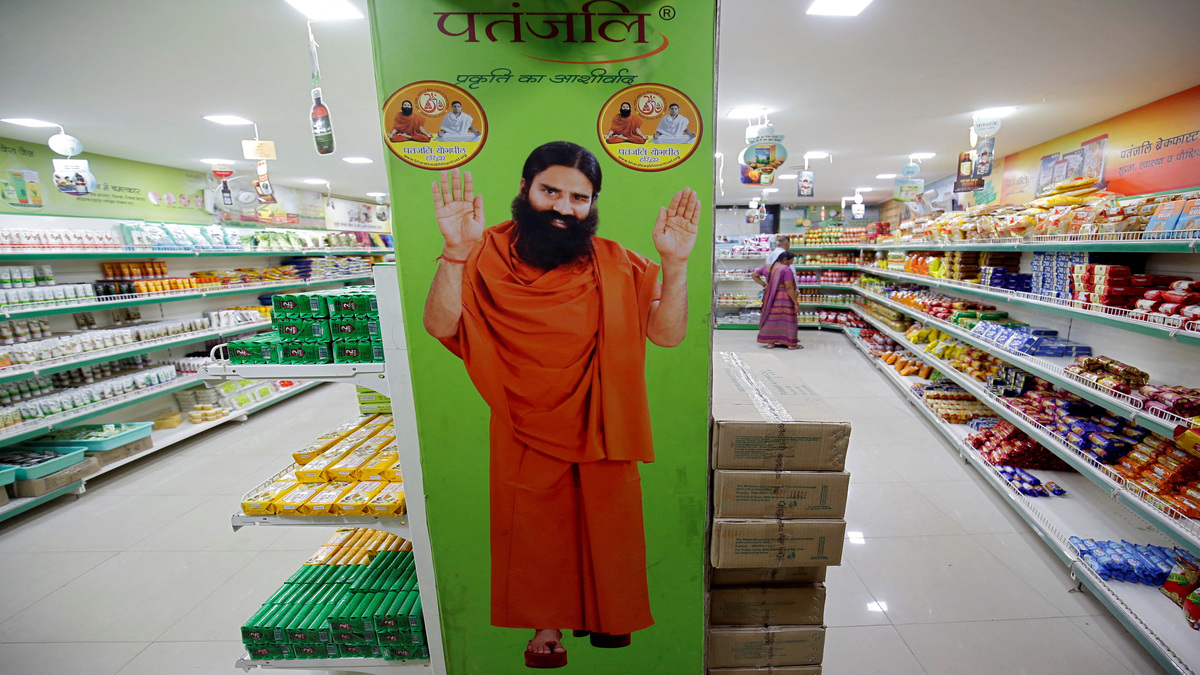While announcing the dates for the Assembly elections in Uttar Pradesh, Uttarakhand, Goa, Punjab and Manipur, Chief Election Commissioner Nasim Zaidi on Wednesday said that the EC is committed to abide by the Supreme Court’s order on Hindutva case.
EC is committed to abide by SC's order; it will be implemented effectively: Nasim Zaidi, ECI on SC's decision on Hindutva case pic.twitter.com/9aYFEFMRhs
— ANI (@ANI) January 4, 2017
While polling in Goa and Punjab will take place on 4 February, Uttarakhand will vote on 15 February and Manipur in two phases on 4 and 8 March. Uttar Pradesh will go to the polls in seven phases: 11, 15, 19, 23 and 27 February and 4 and 8 March. The results will be announced on 11 March, said Zaidi. He also said that the EC is in favour reducing limit of anonymous donations to Rs 2,000, also mulling on switching to digital payments.
In a landmark verdict seeking to separate religion, caste and other issues from politics, the Supreme Court, by a majority verdict, had held as “corrupt” the practice of candidates appealing for votes on the basis of these identities included not only him but his agents and voters.
In a marked departure from the view held in the 1995 “Hindutva” judgement that the term ‘his’ used in section 123 (3)of the Representation of the People Act meant the religion, caste, etc of candidates only, a seven-judge bench headed by the then Chief Justice TS Thakur, by a majority of 4:3, held that any appeal for votes on these grounds would amount to “corrupt practice”.
The court held that the provisions of the RP Act, which say that seeking vote by a candidate in the name of “his” religion, caste, race, religion and language in the election law, included candidates, his agents and voters also.
“An appeal in the name of religion, race, caste, community or language is impermissible under the RP Act, 1951 and would constitute a corrupt practice sufficient to annul the election in which such an appeal was made regardless whether the appeal was in the name of the candidate’s religion or the religion of the election agent or that of the opponent or that of the voter’s,” the CJI, who concurred with majority verdict written by Justice MB Lokur, said.
“So read together, and for maintaining the purity of the electoral process and not vitiating it, sub-section (3) of Section 123 of the RP Act must be given a broad and purposive interpretation thereby bringing within the sweep of a corrupt practice any appeal made to an elector by a candidate or his agent or by any other person with the consent of a candidate or his election agent to vote or refrain from voting for the furtherance of the prospects of the election of that candidate or for prejudicially affecting the election of any candidate on the ground of the religion, race, caste, community or language of (i) any candidate or (ii) his agent or (iii) any other person making the appeal with the consent of the candidate or (iv) the elector,” said the majority view, also shared by Justices S A Bobde and L Nageswara Rao, said, Justice Chandrachud, writing the minority verdict.
With inputs from agencies


)




)
)
)
)
)
)
)
)